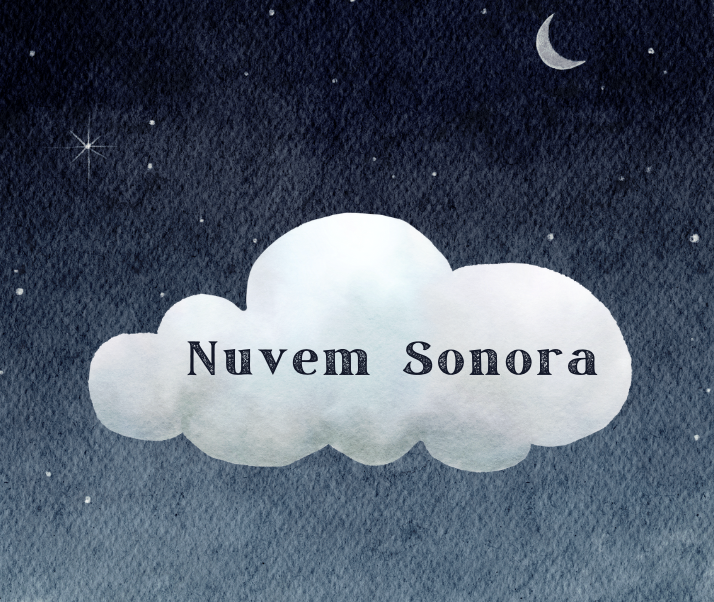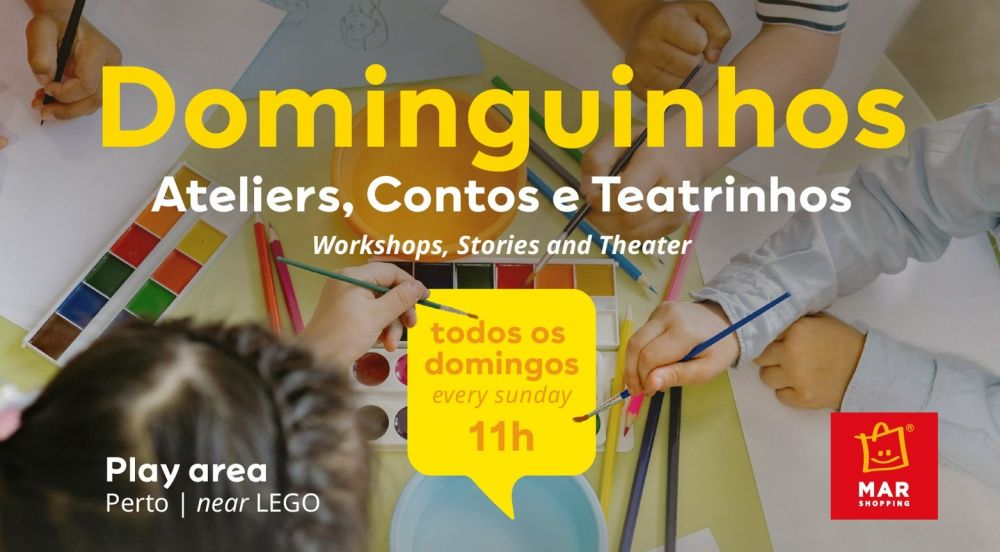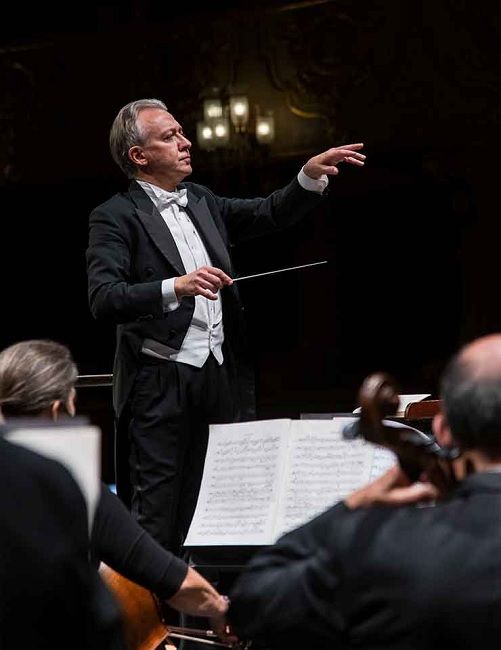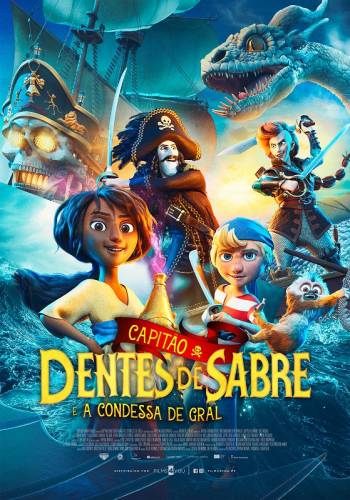Obras de referência da cultura portuguesa
"DESEJA-SE MULHER"
de ALMADA NEGREIROS
Análise de Duarte Ivo Cruz
Tradução: Alexandra Leitão
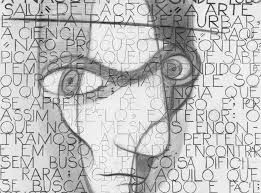
Um dos aspetos mais interessantes da obra global de Almada Negreiros é a sua unidade na dispersão e na diversidade das criações. Trata-se de uma obra profundamente coerente, na aparência dispersiva que, vista na superficialidade pode apresentar. E no entanto é tão una que se lhe aplica, precisamente, o tema ou lema unificador da dramaturgia – “A Tragédia da Unidade” – sendo certo que a dramaturgia, ela própria, surge aparentemente dispersa e, permita-se a expressão algo paradoxal, profundamente desunida. Mas nada menos verdadeiro, tanto para a dramaturgia como para a obra global de Almada.
De tal forma que todo o teatro se pode alinhar na numerologia que a Tragédia da Unidade torna coerente, o 1+1=1 que preside ao “Deseja-se Mulher” ao que resta de “S.O.S.” e a “Protagonistas”, esta escrita em espanhol e espécie de sínteses das anteriores, todas escritas entre 1928 e 1930. E desde já se assinala que essa numerologia é também coerente com as experiências que, no plano das artes plásticas e no plano do próprio pensamento estético e existencial, Almada nos deixou.
O que envolve, vem a propósito dizê-lo, a teorização da arte dramática: “no teatro todos são um (…); ”toda a arte que passa do particular para o geral faz imediatamente teatro”(…); “desde o princípio do mundo até hoje não houve mais de duas pessoas: uma chama-se a humanidade e a outra o individuo. Uma é todas a gente e a outra é uma pessoas só”… ou, noutro plano que afinal é o mesmo, Todo-o-Mundo e Ninguém exatamente idênticos no pórtico da Faculdade de Letras de Lisboa.
Mas para além disto tudo, o “Deseja-se Mulher” é um grande texto do modernismo teatral português. O ambiente epocal não perdeu atualidade, se bem que a “vampa”, hoje talvez falasse de outra maneira... ou talvez não. Mas toda a mestria do desenvolvimento dramatúrgico continua profundamente moderno, no sentido da sua contemporaneidade e intemporalidade.
Porque aquela busca do amor, entre o ingénuo e o boémio – e aí, seria diferente a boémia dos anos 30? - enraíza-se profundamente numa muito séria peregrinação de sentimentos, que passam da "boite de nuit" com as suas "girls o mais despidas possível", para uma casa com uma árvore ao meio, para um salão de sociedade recreativa, para uma casa modesta, para "o hall de modesta pensão", para um becketteano (20 anos antes) “poste de viação com os três olhos: amarelo, vermelho e verde” e o seu absurdo sinaleiro, e para o barco circense, denominado 1+1=1, onde um marinheiro de caricatura pesca uma sereia a quem trata por madame, lançando a “âncora enroscada pela palavra esperança”, ao som da “valsa alemão Sobre as Ondas” vá-se lá saber o que isso é!
E principalmente, dois aspetos. De um lado, a mestria da arte do diálogo e do espetáculo. E do outro a perenidade da mensagem do amor: “buscava mulher, a fêmea inspiradora. Encontrei o que buscava. (…) Sonho e realidade era tudo um”.
"DESEJA-SE MULHER" by ALMADA NEGREIROS
One of the more interesting aspects of Almada Negreiros’s work is his unity in the dispersal and variety of his creations. It is a deeply coherent work in what may, superficially, appear to be its dispersive appearance. Nevertheless, it is so unified that one can apply to it the unifying theme or motto of dramaturgy – “The Tragedy of Unity” –, although dramaturgy itself appears as apparently dispersed and, somewhat paradoxically, deeply disunited. Nothing could be further from the truth both as regards the dramaturgy and the oeuvre of Almada Negreiros.
So much so that all the theatre can be aligned in the numerology that the Tragedy of Unity makes coherent, the 1+1=1 that presides over Deseja-se Mulher, to what is left of SOS and Protagonistas, the latter written in Spanish in the guise of a synthesis of the previous ones, which were all written between 1928 and 1930. And note that the numerology is also coherent with the experiences which Almada left us in the world of plastic arts and his own aesthetic and existential thinking.
This also involves the theorisation of dramatic art: “in the theatre all are one (…)”; “all art that moves from the particular to the general is immediately theatre” (…); “from the beginning of the world to our days there have never been more than two persons: one is called mankind and the other the individual. One is every one and the other is one person only”, or again on another plane which is in fact the same, Everyone and No-one, in the portico Lisbon Arts Faculty, are identical.
Despite all this, Deseja-se Mulher is a great play of portuguese dramatic modernism. The epochal environment has not lost its topicality although today the “vamp” would perhaps use other words... or perhaps not. But all the mastery of the dramatic development is profoundly modern from the sense of its contemporaneity and timelessness.
Because that search for love, between the naïve and the bohemian (and would bohemian life in the 30s be different?), is deeply rooted in an extremely serious pilgrimage of the feelings, travelling from a “boîte à nuit”, where the “girls are as undressed as possible”, to a house with a tree in the middle, to the ballroom of a recreational association, to a modest dwelling, to “the entrance of a modest pension”, to a “traffic light with its three eyes: orange, red and green”, in the style of Beckett (20 years before), and its absurd traffic policeman, and to the circensian boat, called 1+1=1, where a caricature sailor catches a mermaid whom he calls Madam, launching the “anchor entwined in the word hope” to the sound of the “German waltz, On the Waves”, whatever that may be!
And above all, consider two aspects. On the one hand, the mastery of the art of the dialogue and the show. And on the other, the perennity of the message of love: “I was seeking woman, the inspirational female. I found what I was seeking (…) Dream and reality were but one”.
projeto desenvolvido pelo Centro Nacional de Cultura
com o apoio do Ministério da Cultura

 Divulgue aqui os seus eventos
Divulgue aqui os seus eventos
